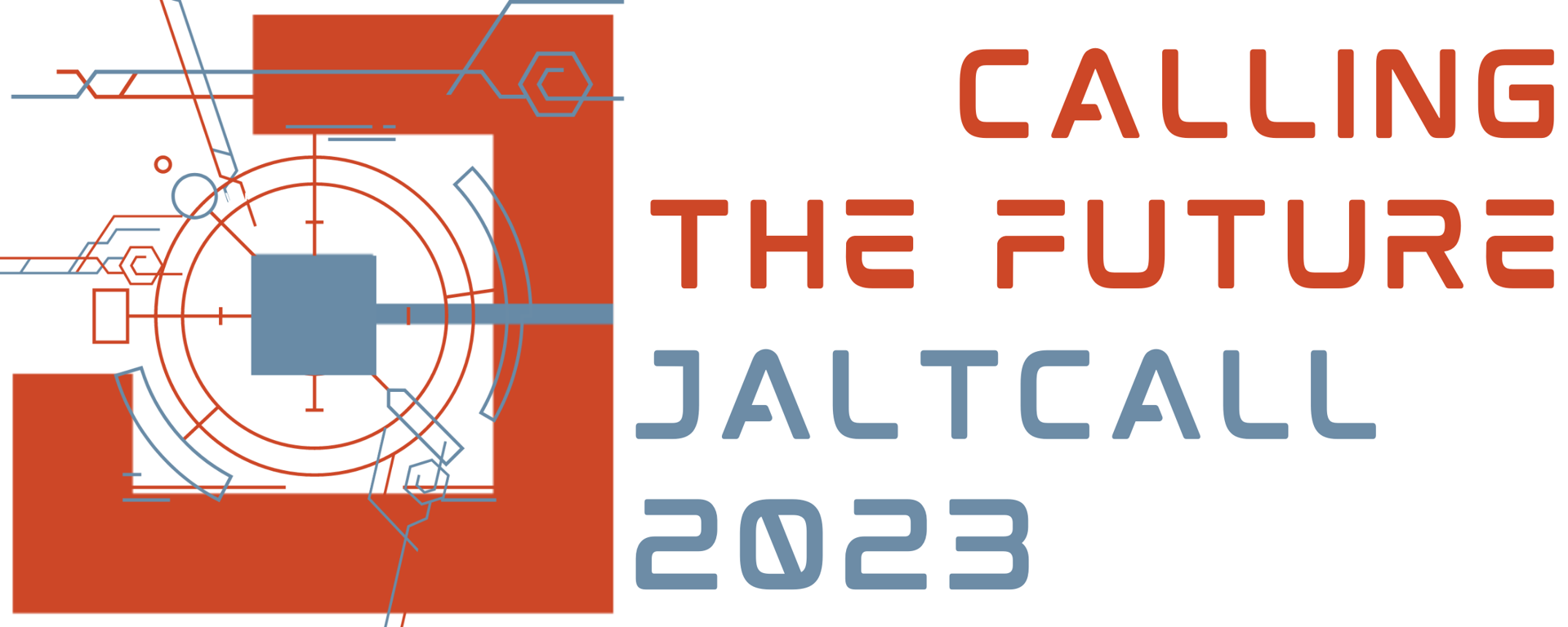2023-06-03, 16:15–16:45 (Asia/Tokyo), E2
Language: English
Technological advancement has informed translation studies in both research and teaching in recent years. Previous studies examining the adoption of digital approaches to translation studies have provided useful pedagogical suggestions for translation teaching. In an era of digitalization, translation students must not only acquire the traditional components constituting translation competence, such as bilingual competence, strategic competence, textual competence, research competence and specialized knowledge. Trainee translators must also be equipped with competence to use digital tools in their translation practice. This paper will demonstrate the effectiveness and importance of training translation students with digital literacy by using a web-based parallel corpus as an example. The paper will report the result of our study on how parallel corpus could enhance students’ translation competence. Results of students’ translation tests, surveys regarding their perceptions of the parallel corpus, and semi-structured interviews with focal participants will be discussed in relation to the effectiveness of translation training. It is hoped that the study can shed some lights on the development of translation teaching which explores the integration of digital applications and better prepares our students for future challenges faced by digital advancement.
Enhancing Translation Students' Digital Literacy: Using a Web-based Parallel Corpus as an Example

